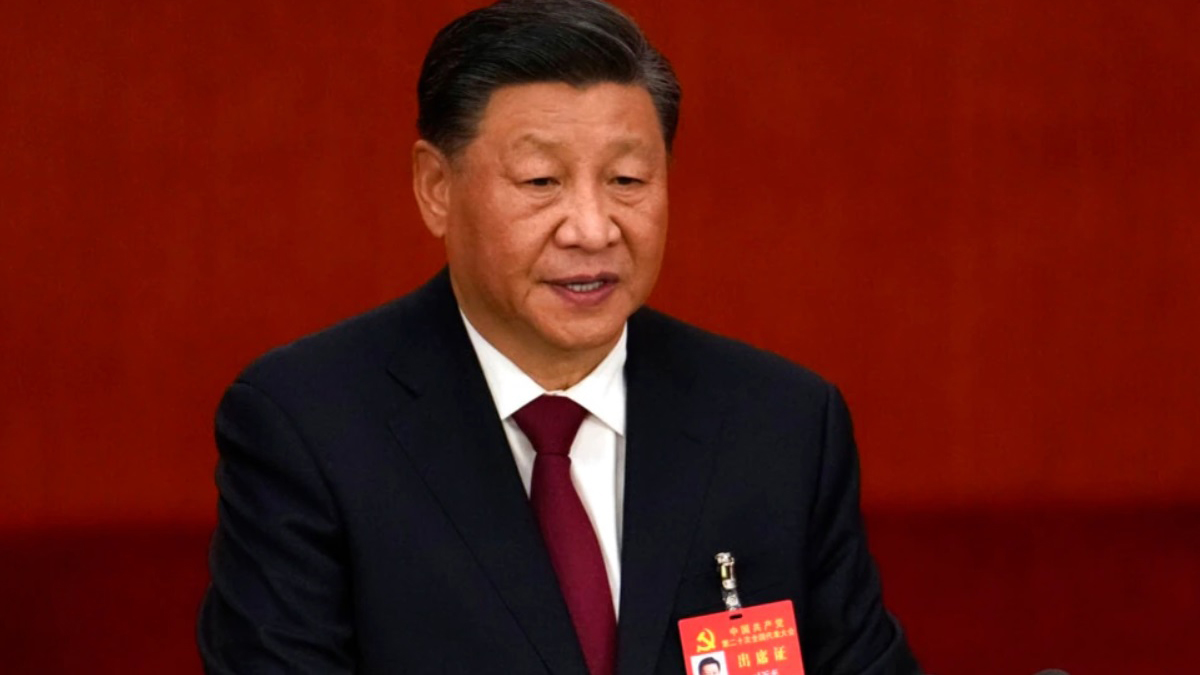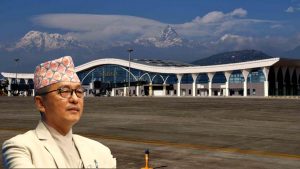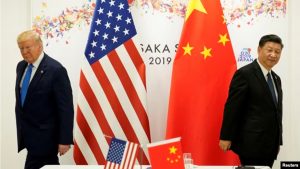
Xi Jinping’s Exaggerated Security Measures Spark Speculation
Chinese Communist Party (CCP) leader Xi Jinping’s conspicuous security measures during his overseas visits have raised eyebrows in the international media and among China observers. Recent incidents, including his absence from significant events, have fueled speculation about his personal safety and his concern about potential threats.
One such incident occurred last month when Xi Jinping traveled to South Africa to attend the BRICS summit. To the surprise of many, he skipped a scheduled speech at a business forum on August 22. Instead, Wang Wentao, the CCP’s minister of commerce, read the speech on his behalf. Similarly, at the G20 Summit in India, which concluded on September 10, Xi Jinping was notably absent and replaced by Prime Minister Li Qiang, further intensifying conjecture about his security concerns.
Overseas media and China experts have pointed out that Xi Jinping’s unpredictable attendance at critical events suggests a deep fear of potential threats, leading him to prioritize his personal safety above all else. The perception that he is indifferent to the opinions of the outside world has also been noted.
According to a report by the Taiwanese media outlet Shanghai Daily on September 9, ahead of the BRICS summit, South African police confirmed that Xi Jinping not only brought a delegation of 500 people but also booked all the rooms in two hotels for the summit. A month prior to his arrival, Chinese authorities transported an entire set of furniture from China to redecorate Xi Jinping’s suite. This included everything from cups and bowls to beds, mattresses, carpets, and curtains. The suite was entirely rebuilt to exclude any items from South Africa. Analysts suggest that this extraordinary security is a direct response to Xi’s concern for his personal safety.
This is not the first instance of over-the-top security measures during Xi Jinping’s overseas visits. When he visited Papua New Guinea in November 2018, two Chinese-made bulletproof vehicles were airlifted from China to ensure his safety. In December 2018, during his visit to Portugal, Xi Jinping spent two million euros to reserve all the rooms in the Ritz Hotel and widened the hotel’s garage door to accommodate a bulletproof vehicle brought specifically for his use.
In an interview with Hong Kong media outlet “Ming Pao” on September 11, a restaurant owner named Ren Jianyong in Dushanbe, Tajikistan, recounted Xi Jinping’s visit to the city in 2014. Ren’s restaurant, located in the hotel where Xi Jinping stayed, was responsible for providing all three meals per day for more than 200 Chinese, including 150 members of Xi’s delegation, along with staff from the Chinese Embassy in Tajikistan. Ren described the ordeal as an extremely stressful “political task,” with rigorous background checks for restaurant managers and chefs, stringent documentation for food sources, and the direct involvement of chefs from the Diaoyutai State Guesthouse in Beijing.
Many commentators believe that Xi Jinping’s preoccupation with security and his reluctance to be seen in public indicate that he may be facing significant threats, including the possibility of assassination or a coup. Wang Youqun, a columnist for the Chinese edition of The Epoch Times, argues that Xi Jinping’s precarious position stems from his commitment to protecting the CCP.
In an article dated September 12, Wang asserts that Xi’s 11-year anti-corruption campaign targeting corrupt high-ranking CCP officials, known as “tigers,” has exposed the rampant corruption within the party. Furthermore, those implicated in corruption investigations are unlikely to let Xi Jinping live. Despite these risks, Xi Jinping remains steadfast in his determination to safeguard the CCP, potentially putting himself in perilous circumstances.
As the world watches these developments unfold, questions linger about the true motivations behind Xi Jinping’s security measures and the broader implications for China’s leadership and stability.














Comments